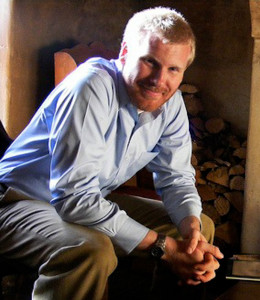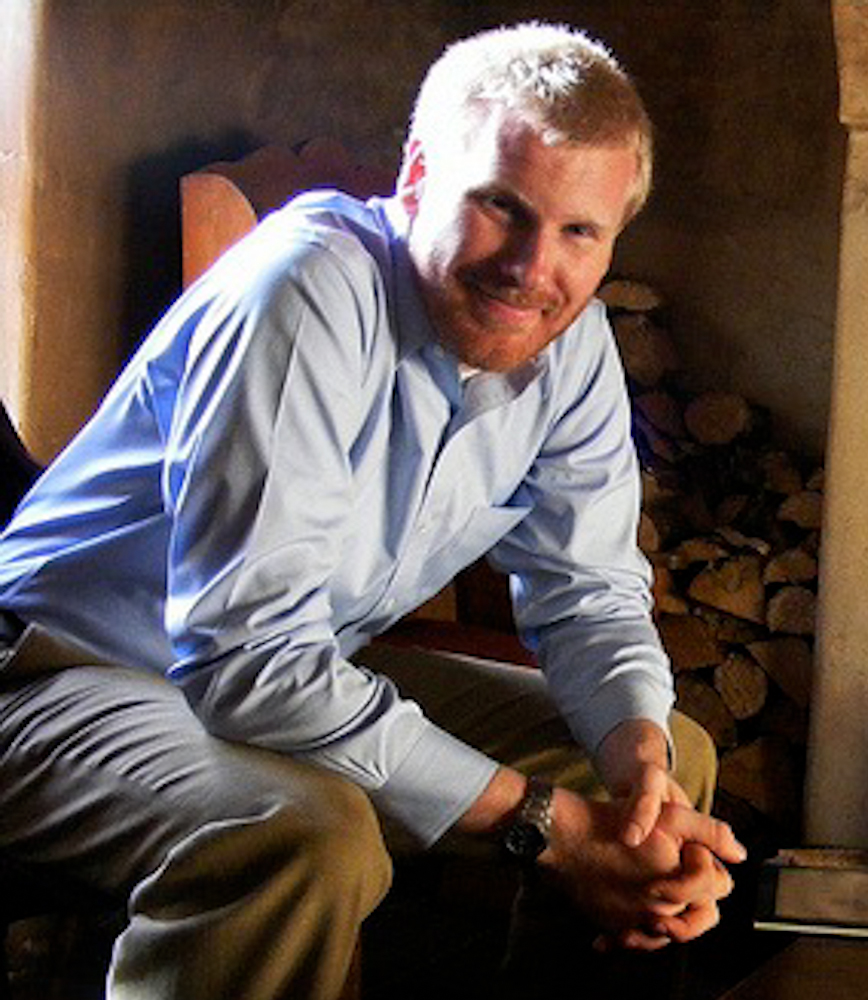
The Office of the Vice Provost for Undergraduate Education (VPUE) has recently hired two new directors, Luke Terra M.A. ’08 Ph.D. ’15 and Suzanne Gaulocher, for its three-year Directors of Community-Engaged Learning (D-CEL) pilot program.
The D-CEL program came out of an effort to address the suggestions made by the Study of Undergraduate Education at Stanford (SUES) report last academic year and will focus on expanding community-based learning opportunities and internships for both faculty and students.
According to Thomas Schnaubelt, assistant vice provost and executive director of the Haas Center for Public Service, Terra was hired in mid-September and later joined by Gaulocher in the beginning of October. Despite only being on the job for a short time, both directors are making full use of their time here.
At the moment, Gaulocher is holding meetings with various offices and departments in the University, including the Office of Community Health and the Haas Center. Gaulocher, who has a background in public health, also added that she was beginning to work closely with faculty and students in the Program in Human Biology.
“It’s really an important time for making connections,” Gaulocher said. “Much of community-engaged learning and what happens in communities is about relationships and building good trusting relationships.”
“I’m trying to build a presence on campus, being known so that the faculty identifies this as a resource for them and really building communities and sustaining equitable community partnerships,” she added.
Terra, who is finishing his doctoral program at the Graduate School of Education, also said that part of his position includes getting to know the resources that Stanford already offers, what he termed as the “ecology” of the people and the programs here.
“Part of what we need to make sure is that we know all the ways students engage in the community already, so that we can fill gaps and that we’re not duplicating efforts,” Terra said. “[D-CEL] may seem like a new program, but it is really just building upon a really good foundation that others have already contributed to building.”
Terra added he is currently working with faculty interested in integrating their coursework with community-based learning opportunities and is holding office hours with students to hear what kind of courses they are looking for and what kinds of organizations they want to have internships with.
In particular, the D-CEL program will focus on increasing these opportunities in education, health and the environment.
“These three themes are priorities within the community,” Schnaubelt said. “We also know there’s particular talent in these areas in our faculty, as well as interest in our students.”
With the various people the directors will need to work with, Gaulocher hopes to spend her time evenly between working with faculty, guiding students and working with the community.
“A lot of the times I feel [the community] is an afterthought,” Gaulocher said. “It’s important to consider what communities think because this will determine what resources are allocated to them—if this isn’t done, the efforts done in the community may not be meaningful to the people who are living there.”
Schnaubelt hopes that D-CEL will create more opportunities for students to take courses that will give them community experience and allow the university to assess what is being done well in community-engaged learning and what improvements need to be made.
“In the long run, we want to increase the number of seniors that leave Stanford saying that they had some sort of experience working in the community or in an internship,” Schnaubelt said.
Terra and Gaulocher will be working as a team with another director, who will be hired by the beginning of January.
Contact Catherine Zaw at czaw13 ‘at’ stanford.edu.
